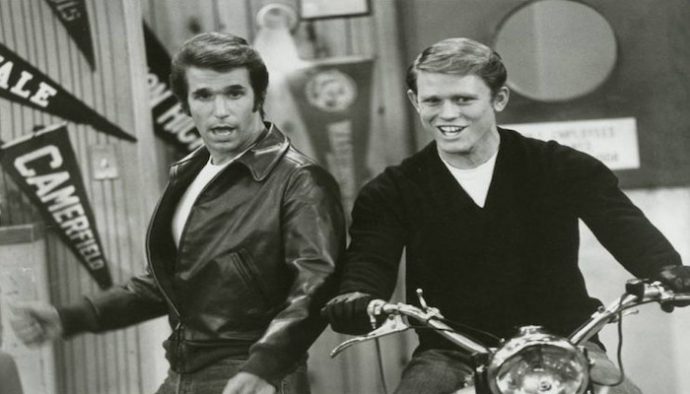I love my children. I love my wife. But then again, I also love hot dogs. I love a good steak. I love to go to the movies, and I love to read children’s fiction. When you stop and think about it, it’s pretty astounding the number of contexts and amount of times we use the word “love.”
As a culture, we are in love with being in love. We love everything—food, pets, Hollywood personalities, family, friends—and for those of us in the faith, “Jesus” fits right alongside everything else. We love Him, too. I suppose you could argue that our obsession with love might even be good, given the importance placed on the word in Scripture.
Jesus reminded us in John 13:35 that people will be able to authenticate our relationship to Him by our love. He also claimed that “love” was the essence of all the commandments—love of God, and love of those around us (Matthew 22:36). And when Paul was busy describing the greatest characteristics of those who follow Christ, He settled on these three: Faith, hope and love. But then he acknowledged that the greatest of the great is love (1 Corinthians 13:13). To put an exclamation point at the end of things, John—who history would come to know as the beloved disciple—pointed out that those who do not love cannot possibly know God, for God is love (1 John 4:8).
Notice that John did not say that God is loving. He is love. And there’s a big difference between those two things. A little illustration might help at this point.
In the sitcom of the late 70’s and 80’s called Happy Days, there was a character that was the essence of cool. He established hair combing and leather jackets as standards in the culture. You know him; you love him—he is The Fonze. Ask anyone who has seen the show whether or not Fonzie was cool, and you’ll get an affirmative “yes.” But he was more than cool—he established the definition of cool. That is to say, when The Fonze pounded on a juke box or snapped his fingers, he wasn’t just doing cool things. If Richie or Ralph or Potsy would have pounded on a juke box or snapped their fingers, it wouldn’t have been cool. The actions were cool because the Fonze was cool.
For the Fonze, “cool” was not a commentary on his actions. It was a statement regarding his nature.
If you’ll excuse the illustration, you might apply the same logic to God. In 1 John 4:8, John was not making a statement about the actions God takes; He was making a statement about His nature. John is helping us to understand that for God, “love” is not just an adjective to describe one particular action or another that He might take; He wants us to see that love finds its very definition in who God is. It is the fountain from which His actions flow.
If we say that God is loving, then we are operating under the assumption that you can define love apart from God. That because God acts in a certain way, we must ascribe to Him the characteristic of being “loving” because His actions fall in line with what the previously established definition of what “loving” is. But that’s not the case.
God isn’t loving; He is love. That means any attempt to define love apart from God is a misrepresentation or distortion of what true love is, because He establishes love. This has big implications for the way in which we see the work of God in the world and in our lives.
We might zoom in on one particular circumstance or another that we find ourselves in. And for the life of us, we might not be able to see what God is doing. Why He has allowed this or that to happen. Why He hasn’t stopped this thing or that person. Why, no matter how often or how fervent we pray that it feels like we are coming up against a brick wall. And in those moments, we might wonder about the character of God.
But it’s moments like these when we must choose to interpret the actions of God with the character of God. We must not seek to judge one action or another apart from what we know to be true about Him. And we must remind ourselves that the way we ultimately define love, the way we know what it even is, is because of God has showed us.
Because He is love, God has shown His love to be true and real through the cross of Jesus Christ. He has shown us who He is, and now we can rest in confidence that everything He does for us as believers flows from the fountain of His loving character.
Subscribe to MichaelKelley.co
Never miss a new post. Subscribe to receive these posts in your inbox and to receive information about new discipleship resources.





1 Comment